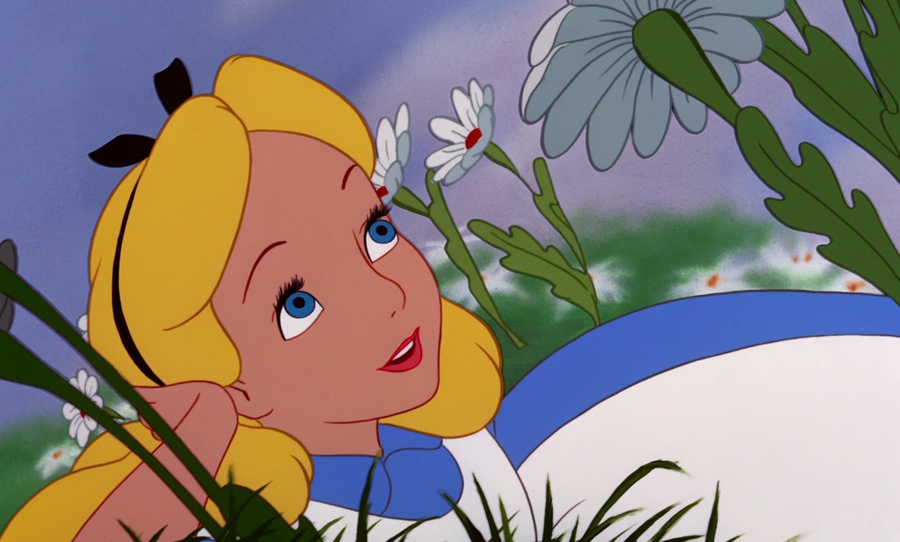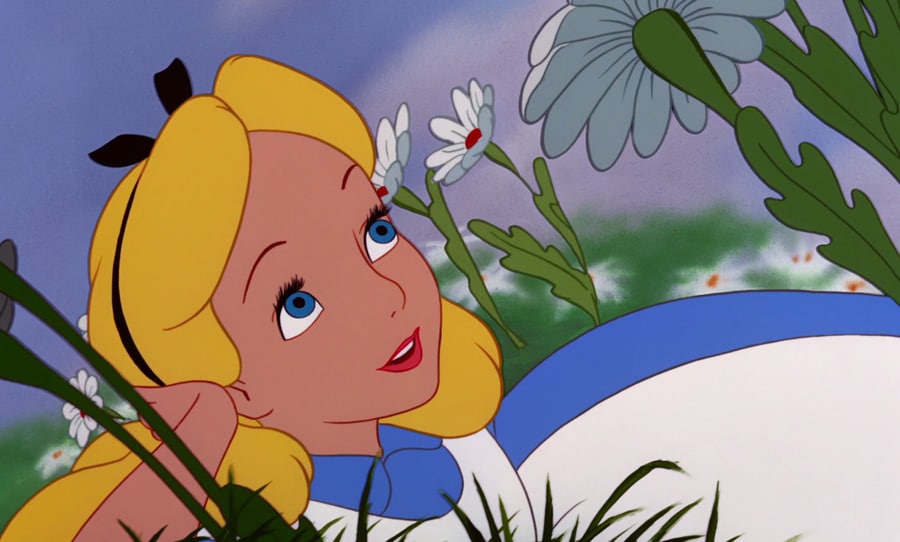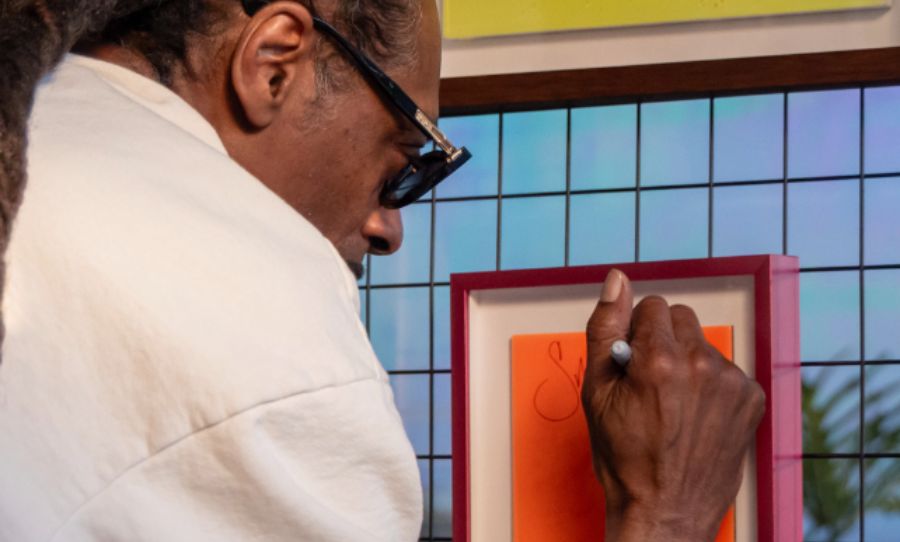Do you trust your memories when you’re high? A new study published on Monday found that just one hit of weed doubles your chances of “false memories”.
Whilst most of the time it’s relatively harmless, there are instances where the consequences can be a little more dire.

A new study reveals that weed has the ability to create “false memories”, however, these impressions won’t necessarily last.
The study defines a false memory as a recollection of something that didn’t occur, or a memory which is different from the way it actually happened (usually triggered by someone else’s suggestions).
“We are all prone to the formation of false memories, independent of cannabis use,” study author Johannes Ramaekers said. “The susceptibility for false memory, however, increases with cannabis. Under cannabis, users can easily accept fake truths for true memory.”
Ramaekers is a professor of psychopharmacology at Maastricht University in The Netherlands. The study compared participants who had smoked weed, verse those who had just smoked a placebo, in a virtual reality scenario.
How does this affect things?
In everyday life, weed’s ability to distort memory won’t necessarily be so impactful. It does have the ability to negatively affect social scenarios like fights between friends, where two people remember things differently.
But there’s another area where there can be more dire consequences: criminal proceedings. As weed becomes increasingly legalised around the world, the study suggests that extra precaution is needed so as not to allow false memories to impact criminal matters.
Co-author Elizabeth Loftus is a professor of psychological science at the University of California’s department of criminology. She discovered the psychological concept dubbed the “misinformation effect” and has testified or consulted in numerous major trials over the decades, including that of O.J. Simpson, Ted Bundy, and the Menendez brothers.
The “misinformation effect”
In a series of studies, Loftus has demonstrated that when witnesses are given misinformation about something they saw after the event, they will often remember it. For example, if two friends observe a fight, and later one friend remembers there was a police dog nearby, the other friend will incorporate the dog into their memories.
In the ’90s she began exploring the idea that it was possible to implant entirely false memories. “It’s one thing to make people think the perpetrator had a brown jacket instead of a green jacket, but could you plant entirely false ‘rich’ memories into the mind for something that didn’t happen?” Loftus described.
“In one of the first studies, we made people remember that they were lost in a shopping mall as a child and had to be rescued and reunited with their family, even though it never happened,” Loftus described.
Other researchers even implanted memories of being “attacked by a vicious animal as a child; having a serious indoor or outdoor accident as a child; even witnessing somebody being demonically possessed.”
Whilst these “rich” false memories are much harder to inseminate, it’s much easier to distort smaller details.
Elon Musk is going to be the first person research what happens to weed in outer space.
Why can’t we just have nice things?
Whilst researchers aren’t exactly sure why weed has this effect, they suspect it might be able to activate receptors in the hippocampus (the memory centre of the brain). This could allow for fragmentation of thought, loosening of associations, and heightened distractibility.
However, not all is lost. The study also found that when participants were asked to recall their memories a week later, there was no real difference between the weed-users and the control group. So if you need to find out any details, wait until someone is sober.
Unfortunately, Ramaekers did report there was evidence “that chronic use of cannabis can produce persisting decline of cognitive [or] memory function, even after prolonged abstinence and no THC in blood.”
But so can getting older, right?
Remember that time that Willie Nelson appointed himself chief tester at his own weed company?



